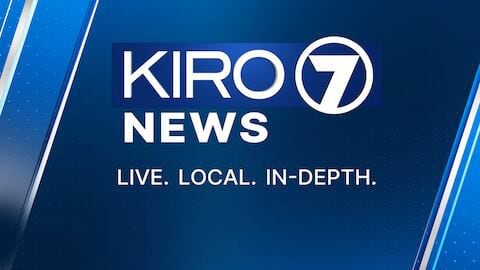The culmination of months of work discussing, amending, and fine-tuning a citywide upzoning bill came to a head Monday, as Seattle City Council finally voted to approve the measure.
RELATED: Council delivers key decision on MHA ahead of full vote
RELATED: Heated debate at final hearing for Seattle's upzoning measure
The upzoning measure — known officially as Mandatory Housing Affordability (MHA) — enacts requirements for building affordable housing and taller residence buildings in select neighborhoods throughout Seattle. The goal: To provide at least 6,000 new rent and income-restricted homes for low-income residents.
“Requiring more affordable housing in our most vibrant neighborhoods is long overdue. Today’s passage of MHA now means we can manage growth in a way that will promote a more racially and economically diverse Seattle rather than a city that is increasingly limited to those who can afford housing choice,” said Councilmember Lorena González.
Before Monday, MHA was already enacted in the University District, South Lake Union, downtown, Lower Queen Anne, the International District, and the Central Area.
“Today we’re embracing inclusion by updating plans that were drafted 25 years ago, and we’re acknowledging what we’ve learned in those 25 years,” said Councilmember Rob Johnson. “Effectively planning for growth means sharing space, to make room for everyone who wants to find their place in Seattle.”
It also levies substantial fines on developers who don’t dedicate between 5 and 11 percent of projects to low-income housing. Essentially, the upzoning measure allows for denser, taller construction in 27 neighborhoods, a plan that’s been met with mixed reviews by many in the lead-up to its passage.
“To all the firefighters, nurses, and cops who are priced out of Seattle, your income will never be enough for the MHA developers who will opt out of having affordable units on-site,” said one public commenter back in February.
Concerns have been expressed by opponents that developers will opt not to include low-income housing in new apartment complexes, and simply opt to absorb the fines levied by the city.
“These upzones in 27 neighborhoods are going to have a displacement factor,” said a commenter during Monday’s session preceding the full vote.
“(MHA downtown) has already created dozens of new towers without affordable units, put leverage on the city to approve inadequate designs, and the worst part is that it’s divided people in this room as for or against affordable housing,” said another commenter.
Others have worried that houses and buildings with scenic views they've had for years will see them blotted out by an influx of large apartment buildings.
Most recently, the council voted on over 100 separate amendments to MHA in an hours-long session, before later exempting University Way from the measure, at least for the moment.
A last-minute amendment from Councilmember Rob Johnson also doubled the maximum building height on Boylston along I-5, from 40 feet to 80 feet.
The upzoning measure was unanimously approved by city council.
More news from KIRO 7
- Crews respond to school bus crash in Covington
- Man arrested for trying to throw woman off Seattle overpass
- Vet performs wrong surgery on family dog and admits it, owner says
- Drunken driver who killed motorcyclist gets 2-day jail term
- Do you have an investigative story tip? Send us an email at investigate@kiro7.com
Cox Media Group





